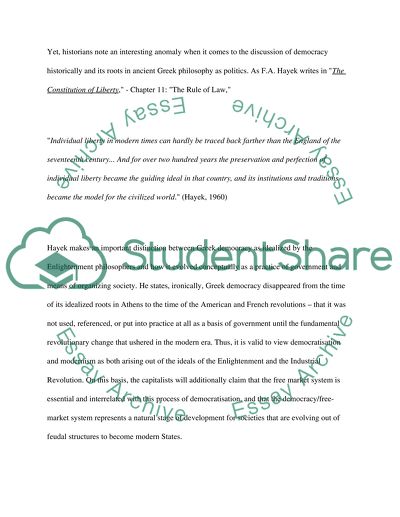Cite this document
(“Consider, with detailed attention to evidence, themes, thinkers and Essay”, n.d.)
Retrieved from https://studentshare.org/environmental-studies/1415261-consider-with-detailed-attention-to-evidence
Retrieved from https://studentshare.org/environmental-studies/1415261-consider-with-detailed-attention-to-evidence
(Consider, With Detailed Attention to Evidence, Themes, Thinkers and Essay)
https://studentshare.org/environmental-studies/1415261-consider-with-detailed-attention-to-evidence.
https://studentshare.org/environmental-studies/1415261-consider-with-detailed-attention-to-evidence.
“Consider, With Detailed Attention to Evidence, Themes, Thinkers and Essay”, n.d. https://studentshare.org/environmental-studies/1415261-consider-with-detailed-attention-to-evidence.


